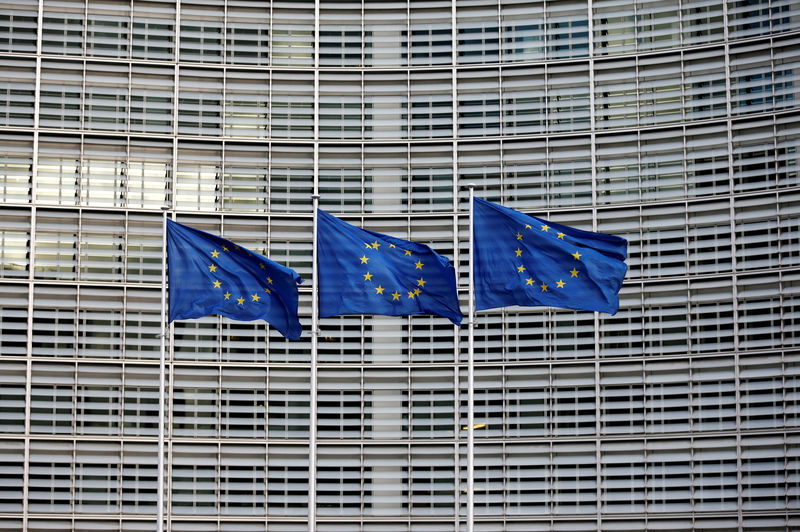
EU institutions are focusing on a proposal to boost the bloc’s common budget, largely shunning demands by Italy and Spain for joint debt issuance to share the costs of cushioning a pandemic-induced recession. The plan being prepared would instead see the European Commission use the multi-annual budget to borrow from financial markets and then channel cheap loans to the worst-hit nations, according to two diplomats briefed on the ongoing preparations.
The bulk of the leverage created in the so-called recovery instrument of the new EU budget would take place over the next two years and the loans would be repaid after 2027, according to one of the diplomats, who asked not to be named as negotiations are ongoing. Even though the use of the budget is a more palatable solution to countries such as Germany and the Netherlands, the plans have so far failed to sway Southern (NYSE:SO) nations, which demand more solidarity and concessions from their richer peers, in the form of joint debt sales.
“We’re pulling in the same direction as Germany, the Netherlands and other hard currency countries,” Austrian Chancellor Sebastian Kurz said about the upcoming summit. “We want to show solidarity, we want to support other states, but what we reject is a mutualization of debt. I hope that at the end of the day we’ll have a solution that’s as good as possible and that we can work on it together.”
Europe is entering what is projected to be the steepest recession in living memory, while the timing of recovery depends on factors largely outside the control of policymakers, such as the availability of a vaccine or an antiviral cure for the lethal coronavirus. The drop in economic output and the massive funds needed to keep businesses and households afloat has investors doubting whether highly indebted European countries can foot the bill.
The Commission told EU government envoys that the bloc’s economic output will contract between 7.5% and 10% this year, according to an official familiar with Monday’s briefing.
Bonds Fall
Italian bonds fell again on Tuesday, with yields on 10-year notes rising by 5 basis points to 1.99%. That’s more than double the borrowing costs from mid-February, as a package of economic measures adopted so far by EU finance ministers has left loose ends to be sorted out and is seen by many economists as insufficient.
One of the officials familiar with the matter said that Thursday’s video call between leaders will have to be followed by others until a concrete solution is reached. Failure to come up with a convincing plan would put more pressure on the European Central Bank to boost its bond purchases to keep spreads between German and peripheral yields widening.
A French official concurred that an agreement at Thursday’s call was unlikely, and that a few more weeks of negotiations was needed. The official also said that the size of the fund would have to be around 1 trillion euros ($1.1 trillion) and that it probably wouldn’t be available for at least six months.
The plan to be presented on Thursday by EU institutions revolves around four pillars, according to the officials briefed: mobilizing massive investment, repairing the bloc’s single market after border closures, supply chain breakdowns and export restrictions disrupted the flow of goods, global action to fight the pandemic, and better communication between Brussels and national capitals.
(Updates with Austrian Chancellor comments in fourth paragraph)
©2020 Bloomberg L.P.



